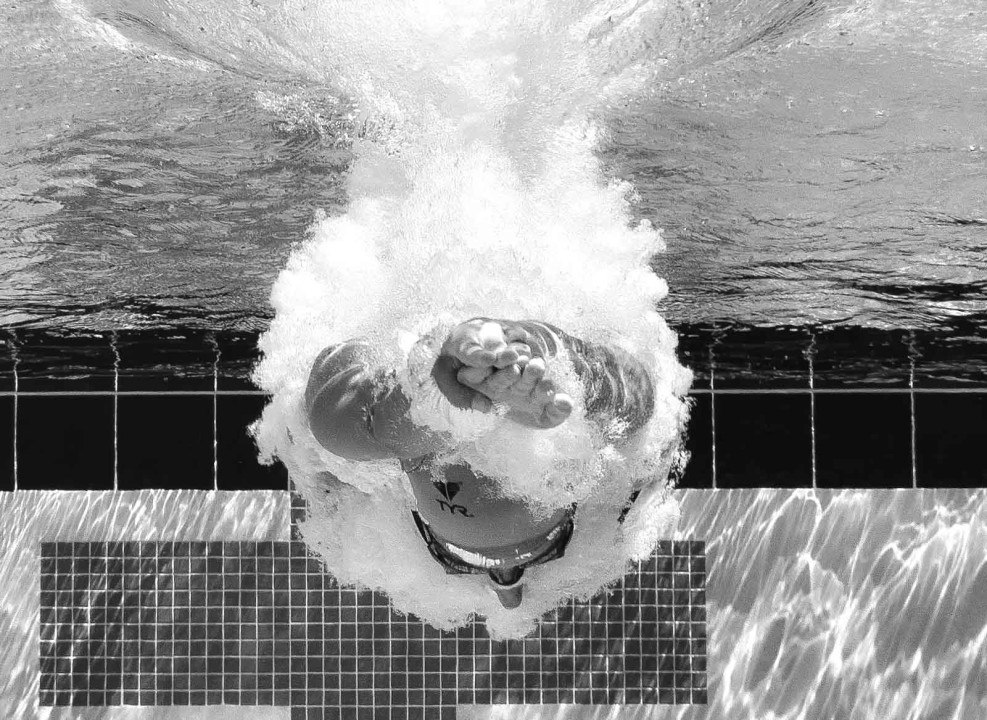Last April, FINA partnered with the International Olympic Committee (IOC), the Olympic Solidarity and the Olympic Council of Asia (OCA) to create a program whose goal is to prepare selected athletes in Southeast Asian National Federations with the best training environment and structures en route to Rio 2016.
The project, called “Scholarships for Swimmers – Targeting Rio 2016”, invited 38 swimmers from 19 associated National Federations to training in a high-level training center in Thanyapura, Phuket beginning May 2015 through May 2016.
The FINA-accredited, high-level training center includes state-of-the-art facilities aquatic complex with a 50m Olympic standard pool (3m deep), 25m lap pool and a teaching pool with video analysis window and is supervised by qualified and experienced international swimming coaches, per FINA’s original announcement.
Just recently, FINA reached out to several of the young scholarship athletes after the 2015 FINA World Championships in Kazan to enlist feedback on their ‘intensive immersion’ into the world of elite swimming preparation.
When asked to evaluate his progress over the last 5 months, Indian swimmer Sajan Prakash says, “It was a very good experience by learning so many things and correcting my mistakes with proper techniques and being focused on an event. Working together as a team was also very beneficial.”
Commenting on the facilities themselves, swimmer Kimiko Raheem from Sri Lanka, comments, “We also have much better facilities here, that help us to reach our full potential. We also do much more long course training here, while we only had a short course pool back at home. We did have long course practice a few times per week, but the pool was very unreliable – weak lane ropes, too acidic/dirty which made it hard to train.”
All of the individual interviews can be read in their entirety here, but the overall consensus of the scholarship athletes is that they are enjoying and learning from their exposure to different training techniques and technical analysis. The swimmers as a whole are improving, but they all still hold the quest of obtaining an Olympic qualifying standard time.
